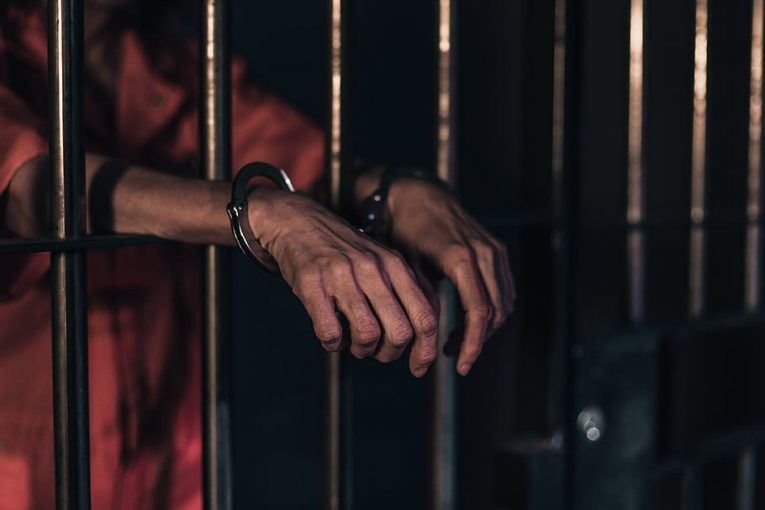

By Rena Abdusalam
BROOKLYN, NY – Equal Justice USA (EJUSA), a national organization that works to improve the justice system, has announced that Impact Justice’s Restorative Justice Project (IJRJP) has joined Equal Justice.
IJRJP is the only national technical assistance and training project that engages with communities across the country to address the harm caused by the justice system, by using restorative justice diversion programs.
Alongside EJUSA’s existing slate of programs, IJRJP will provide additional support in transforming the justice system from one that harms to one that heals by promoting responses to violence that interrupts the cycle of trauma.
Impact Justice, a nonprofit research organization also advancing solutions for justice reform, has operated the Restorative Justice Project since 2015, and has existing partnerships with 10 communities in California, Florida, Louisiana, North Carolina, Oregon, Pennsylvania, Tennessee, Virginia, and Washington. Further expansion is expected next year.
“On behalf of our entire team, I’m thrilled to welcome the members of the Restorative Justice Project to EJUSA,” said Jamila Hodge, EJUSA’s chief executive officer.
“Years ago we built a vision for justice reimagined that included restorative justice as a critical alternative to the harm of policing, prosecutions, and prisons. The Restorative Justice Project is a powerful healing pathway that completes our vision and will integrate exceptionally well with our current practice areas,” continued Hodge.
The absorption adds five new team members to EJUSA. The project will also employ several more team members to fulfill the growing demand for this work, especially due to its focus on harm in youth populations.
IJRJP’s goal consists of changing the way the public and system actors distinguish crime and harm.
According to the EJUSA, the project “shifts people from a lens of legality and punishment toward an understanding that harm stems from existing trauma, including racial oppression, and that it requires healing and accountability that repairs for all parties affected by a harmful experience.”
“Impact Justice’s approach to social change centers on the pursuit of bold ideas that challenge the status quo with new solutions to old problems,” said Impact Justice President Alex Busansky.
“We were the right organization to develop and test a cutting-edge model of restorative justice diversion. Now we’re passing on that body of work to Equal Justice USA, which is ideally positioned to nurture the use of community-based restorative justice as an alternative to the criminal legal system in communities nationwide,” stated Busansky.
The absorption of the project and its assets became effective last week. As a result, EJUSA has now officially become a team of 42 working in 17 states across the country.
“During our time at Impact Justice, the Restorative Justice Project established an incredible national network of community and system partners committed to implementing restorative justice diversion,” said Restorative Justice Project Director Cymone Fuller.
“We’re excited to bring this network of partners, along with the body of knowledge, strategies, and tools we’ve developed together, to EJUSA and make EJUSA our long-term home for building a community-centered ecosystem of healing justice,” expressed Fuller.
While the project’s current structure is based on front-end diversion, which is an important offramp from a system focused on punishment, Fuller will lead the project’s work into its next phase, guiding the development of community-led referrals to expand the reach of restorative practices that adhere with EJUSA’s community-centered approach to violence.
“From its inception, the Restorative Justice Project has centered the community, so it is well positioned to build and expand its reach with its new home at EJUSA,” the organization said.